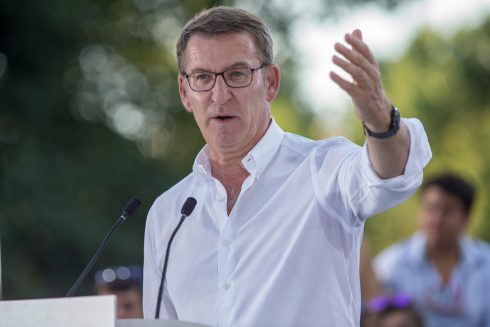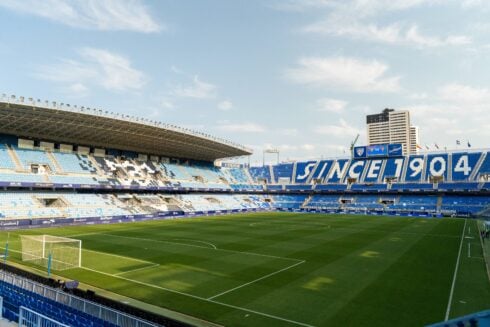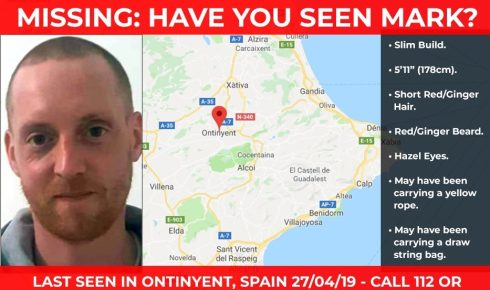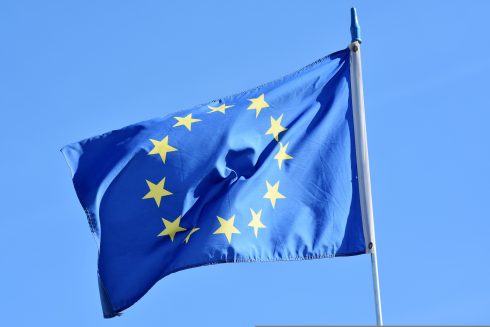TRUE to form, Spain’s Socialist Prime Minister Pedro Sanchez caused a political firestorm earlier this week when he released a letter via X (formerly Twitter), in which he announced he was going to take several days to reflect on whether or not he will quit from his role.
Sanchez, who is well known for making high-risk political manoeuvres, made the announcement on Wednesday after a judge opened an inquiry into his wife, Begoña Gomez, on allegations of influence peddling and business corruption.
The case was brought by a far-right pseudo-union called Manos Limpias (Clean Hands), and contains little more than allegations ripped from headlines in right-wing newspapers.
One of the accusations has long-since been proved to be completely false, while the lawsuit contains no evidence to back up the others.

Sanchez’s emotional three-page letter was addressed to the Spanish people, and states: “I urgently need an answer to the question of whether it is worthwhile … whether I should continue to lead the government or renounce this honour.”
While Sanchez’s Socialist colleagues were quick to rally around their prime minister and party leader, voicing their support for him, he has found no such sympathy or understanding from the main opposition Partido Popular (PP).
The PP’s leader, Alberto Nuñez Feijoo, railed against the prime minister on Thursday, accusing him of engaging in an exercise of ‘political survival’ and of creating an ‘adolescent spectacle’.
He also made clear that he was vying for the job of prime minister in the wake of Sanchez’s bombshell announcement.
“Spain deserves another prime minister who acts serenely and maturely,” he said. “And it will get one.”
On Friday, the PP’s spokesperson, Cuca Gamarra, ramped up the rhetoric further.
“We are ready to give Spain back what it needs, which is politics that meet the expectations of Spaniards and the great country that is Spain. We have a political project and we have a president who could be prime minister of Spain if Spaniards want him,” she told reporters after an event organised by the right-wing newspaper Abc.

The PP won the most seats at the July 23 elections, which were called in another shock move by Sanchez after his party fared badly at local and regional elections earlier in the year.
However, Feijoo’s party fell well short of a majority in Congress, and failed to form a government despite having the support of far-right Vox.
No other party in Congress was willing to lend the two groups its support, which doomed to failure the PP leader’s candidacy at an investiture vote in the lower house of parliament.
Sanchez, meanwhile, succeeded in his bid to hang on to power, thanks to the support of his now junior coalition partner Sumar, as well as a host of smaller parties.
All eyes are on the prime minister ahead of the announcement about his future on Monday.
He could say that he will stay on, or he could call a vote of confidence in Congress.
Sanchez is the only one who can dissolve parliament and call new elections, but he cannot do this until May 29, according to the Constitution.

This is because a year must pass from the previous dissolution of parliament before it can be dissolved again, and last year Sanchez made this move on May 29 in the wake of the regional and local elections.
If he quits, however, King Felipe VI will have to start a fresh round of meetings with potential candidates for prime minister.
This would be when Feijoo could once again present himself as a candidate, ahead of a potential investiture vote.
But he would be facing exactly the same parliamentary arithmetic as when he stood as candidate at last year’s investiture debate.
Back then he secured 172 votes in total: 137 from his party, 33 from Vox, and two votes from two small groups (UPN and Coalicion Canaria).
That was four votes short of the 176 he needed for a majority.
Meanwhile, 177 votes were cast against him.
While the PP’s rhetoric suggests that Feijoo is ready and waiting to take over from Sanchez as prime minister, if new elections are not held, he may be destined to remain in opposition for now.
Click here to read more Politics News from The Olive Press.








